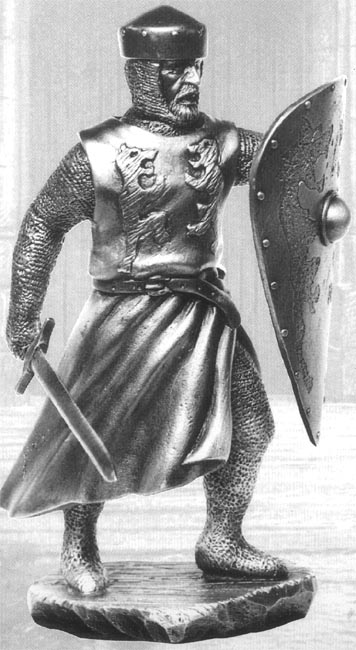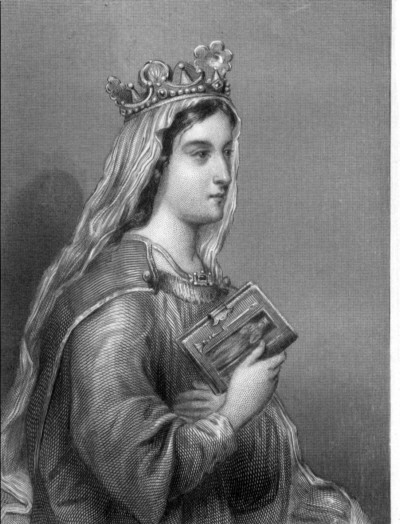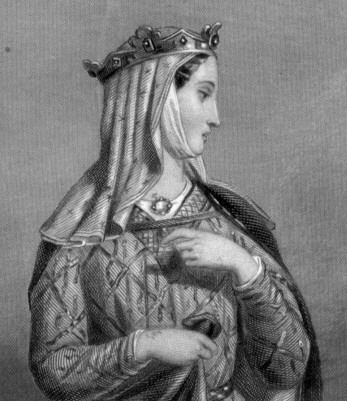Plantagenet Family - Ourfolk
King Richard I 'Coeur de Lion' "Coeur de Lion" Plantagenet, of England 8 SEP 1157 - 6 APR 1199
 |
King Richard, of England was born on 8 SEP 1157 in Beaumont Palace, Oxford, Oxfordshire, England and died on 6 APR 1199 (age: 41) in Chalus, Haute-Vienne, France and was buried in Fontevraud Abbey, Anjou, France . He was the son of King Henry Ii Plantagenet (5 MAR 1132 - 3 JUL 1189) and Queen Eleanor of Aquitaine (of France) (1123 - 31 MAR 1204). King Richard, of England was married to Queen Berengaria of Navarre (Plantagenet) . Queen Berengaria was born on 1163 and died on ABT 1230 . View Family Chart - - -
| ||||||||||||||||||||||||||||||||||||||||||||||||||||||||||||||||||||||||||||||||||||||||||||||||||||||||||||||||||||||||||||||||||||||||||||||||||||||||||||||||||||||||||||||||||||||||||||||||||||||||||||||||||||||||||||||||||||||||||||||||||||||||||||||||||||||||||||||||||||||||||||||||||||||||||||||||||||||||||||||||||||||||||||||||||||||||||||||||||||||||||||||||||||||||||||||||||||||||||||||||||||||||||||||||||||||||||||||||||||||||||||||||||||||||||||||||||||||||||||||||||||||||||||||||||||||||||||||||||||||||||||||||||||||||||||||||||||||||||||||||||||||||||||||||||||||||||||||||||||||||||||||||||||||||||||||||||||||||||||||||||||||||||||||||||||||||||||||||||||||||||||||||||||||||||||||||||||||||||||||||||||||||||||||||||||||||||||||||||||||||||||||||||||||||||||||||||||||||||||||||||||||||
King of England from
1189-1199.
Henry's early years as king found him controlling the rebellious Barons who had used the chaos
of the civil war to fortify their homes and illegally control their territories. The castles they built
are known as the 'adulterine castles'. In Scotland and Wales Henry stamped his authority, and
he began the process of subduing Ireland. Henry was also responsible for bringing in new legal
reforms, including in 1166, the Assize of Clarendon which started the jury system.
Henry is most famous for his quarrels with his friend Thomas Becket, the Archbishop of
Canterbury. In 1164, Henry's Constitutions of Clarendon tried to bring the church into line with
the state and one statement required that a member of the church should be tried in a state
court, not in a church one. The rift between Henry and Becket forced Becket to leave England.
When in 1170, Becket returned to England, an outburst of anger by Henry led to four knights
murdering Becket at Canterbury. Although Henry was cleared of any direct involvement of the
crime, he did penance before the Cathedral Avrances in Normandy.
Henry and his sons also quarrelled which led to conflicts in England and abroad, including a
rebellion by his Barons in 1173. Two of his sons were to become kings of England, Richard (the
Lion Heart) and John.
Conflicts with Eleanor and his sons, helped by Philip II of France continued until Henry died in
1189 at Chinon in France. He was succeeded by Richard, his third son.
1189-1199.
Henry's early years as king found him controlling the rebellious Barons who had used the chaos
of the civil war to fortify their homes and illegally control their territories. The castles they built
are known as the 'adulterine castles'. In Scotland and Wales Henry stamped his authority, and
he began the process of subduing Ireland. Henry was also responsible for bringing in new legal
reforms, including in 1166, the Assize of Clarendon which started the jury system.
Henry is most famous for his quarrels with his friend Thomas Becket, the Archbishop of
Canterbury. In 1164, Henry's Constitutions of Clarendon tried to bring the church into line with
the state and one statement required that a member of the church should be tried in a state
court, not in a church one. The rift between Henry and Becket forced Becket to leave England.
When in 1170, Becket returned to England, an outburst of anger by Henry led to four knights
murdering Becket at Canterbury. Although Henry was cleared of any direct involvement of the
crime, he did penance before the Cathedral Avrances in Normandy.
Henry and his sons also quarrelled which led to conflicts in England and abroad, including a
rebellion by his Barons in 1173. Two of his sons were to become kings of England, Richard (the
Lion Heart) and John.
Conflicts with Eleanor and his sons, helped by Philip II of France continued until Henry died in
1189 at Chinon in France. He was succeeded by Richard, his third son.
Last change (on this page): 15 OCT 2018



